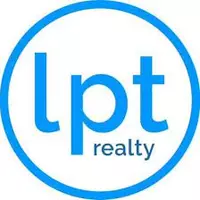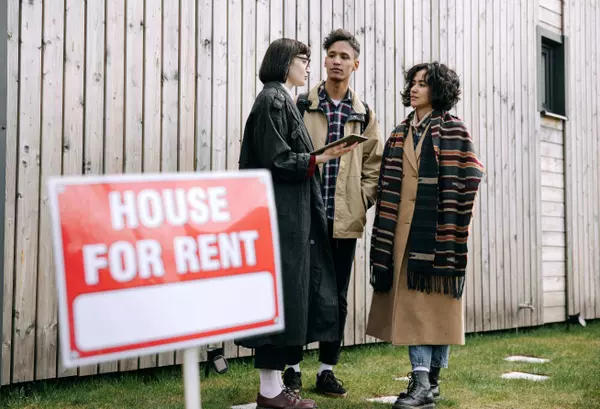Renting vs. Buying a Home in 2025: What Makes More Sense?

In 2025, the perennial debate of whether to rent or buy a home is more relevant than ever. With fluctuating housing markets, evolving lifestyles, and rising interest rates, the decision hinges on a combination of financial, personal, and market factors. Here’s a breakdown to help you navigate this crucial choice.
The Current Housing Market Landscape
The housing market in 2025 is a complex one. While prices have stabilized in some regions after the sharp increases of the early 2020s, other areas continue to experience growth due to urbanization and demand for remote work-friendly spaces. Meanwhile, mortgage rates are higher than pre-pandemic levels, making homeownership more expensive upfront. Rental markets, on the other hand, remain competitive, with high demand driving prices upward in major cities.
The Case for Renting
Flexibility: Renting offers unparalleled flexibility. If you’re unsure about your long-term plans or expect to relocate for work or personal reasons, renting allows you to move without the burden of selling a property.
Lower Upfront Costs: Renting requires less initial investment. A security deposit and first month’s rent are significantly less than the down payment and closing costs associated with buying a home.
No Maintenance Worries: As a renter, you’re not responsible for major repairs or maintenance costs. This can save you thousands of dollars annually.
Access to Amenities: Many rental properties come with perks like pools, gyms, and shared workspaces, which could be costly to replicate as a homeowner.
However, renting does have its downsides. You’re subject to rent increases, have no equity build-up, and lack control over property customization.
The Case for Buying
Building Equity: Owning a home allows you to build equity over time, turning monthly payments into an investment rather than an expense.
Stability: Homeownership provides stability, particularly for families or those who wish to establish roots in a community. You’re not at the mercy of a landlord deciding to sell or increase rent.
Potential Tax Benefits: Homeowners can often deduct mortgage interest and property taxes, which can reduce their overall tax burden.
Customization: As a homeowner, you have the freedom to renovate, decorate, and truly make the space your own.
Yet, buying a home comes with risks. High upfront costs, ongoing maintenance, and market volatility can make ownership a financial strain, particularly in a high-interest-rate environment like 2025.
Key Factors to Consider
-
Financial Readiness: Assess your savings, income stability, and debt levels. Are you prepared for a down payment, closing costs, and potential unexpected expenses?
-
Market Conditions: Research local real estate trends. Are home prices rising, stagnating, or falling in your desired area? Is renting more affordable month-to-month?
-
Lifestyle Goals: Do you value mobility, or are you looking to settle down? Your long-term plans should heavily influence your decision.
-
Opportunity Cost: Consider what you could do with the money if you don’t buy a home. Could it grow faster if invested elsewhere?
-
Interest Rates: With mortgage rates hovering higher than in previous years, calculate how much more you’ll pay over the life of a loan compared to renting.
Rent or Buy: Who Wins in 2025?
There’s no one-size-fits-all answer. For those who prioritize flexibility, want to avoid market risks, or aren’t financially ready, renting remains a sensible choice. On the other hand, buying is appealing for those seeking stability, long-term investment potential, and the chance to customize their living space.
Ultimately, the decision boils down to personal circumstances. Carefully evaluate your financial health, career trajectory, and lifestyle needs. Whether you rent or buy, making an informed choice in 2025 will set the foundation for your future.
Categories
Recent Posts
"Molly's job is to find and attract mastery-based agents to the office, protect the culture, and make sure everyone is happy! "





